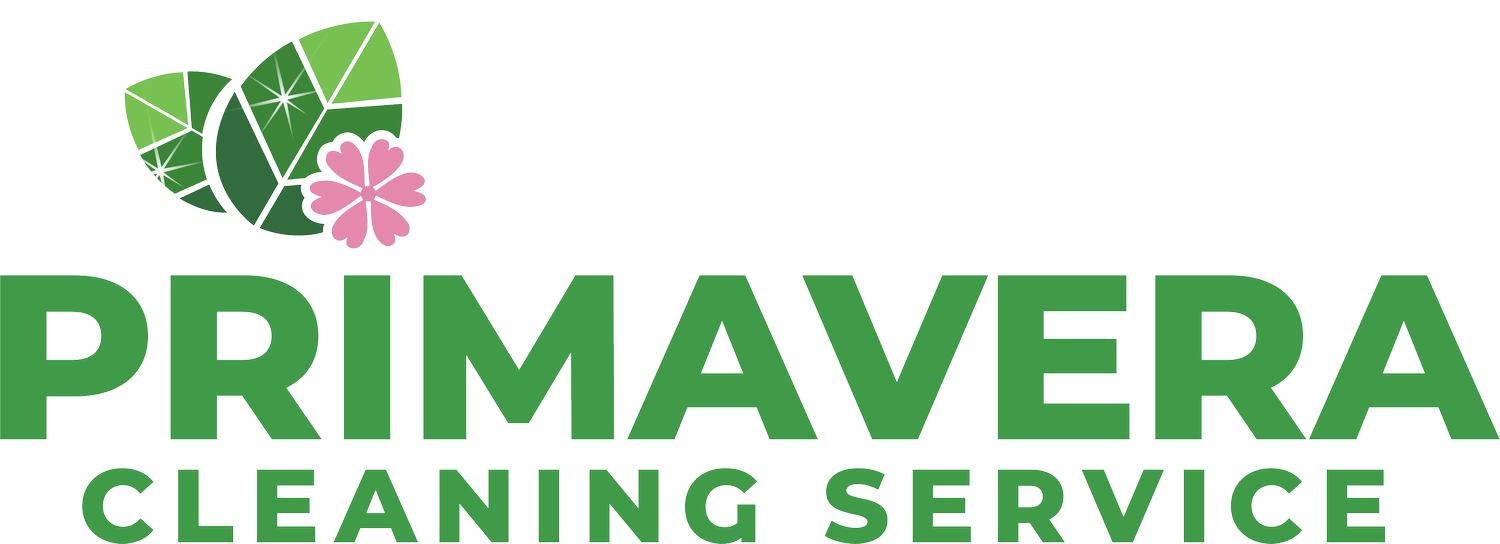The Science Behind Deep Cleaning
Keeping our living and working spaces clean is not just about aesthetics; it is essential for maintaining a healthy environment. Regular cleaning helps remove dust, dirt, allergens, and harmful pathogens that can impact our health and well-being. While routine cleaning is beneficial, there are times when a deeper level of cleaning is necessary. Let’s dive into the science behind deep cleaning and explore the techniques and benefits of this thorough approach.
Understanding Deep Cleaning
Deep cleaning goes beyond the surface-level cleaning we perform regularly. It involves meticulously targeting areas and objects that are often overlooked during routine cleaning. The aim is to eliminate hidden germs, bacteria, and allergens that can accumulate over time and pose health risks. Deep cleaning is especially crucial in high-traffic areas, homes with pets, and environments where people are more susceptible to infections.
The Science of Germs and Bacteria
The invisible world of germs and bacteria plays a pivotal role in deep cleaning. Scientific research has demonstrated that various pathogens can survive on surfaces for extended periods, depending on environmental conditions. Bacteria can thrive in warm and moist areas, making bathrooms and kitchens common hotspots. Deep cleaning includes the use of disinfectants and sanitizers that target these microorganisms effectively.
The Role of Chemistry in Deep Cleaning
The effectiveness of cleaning agents lies in the chemistry behind them. For example, soap and detergents work by reducing surface tension, enabling them to lift and remove dirt and grease. Meanwhile, disinfectants contain chemicals that kill or inhibit the growth of microorganisms, making them crucial in the battle against harmful germs.
Cleaning Techniques and Equipment
Deep cleaning involves a variety of techniques and specialized equipment to reach and clean areas that are challenging to access during regular cleaning. Steam cleaning, for instance, uses high-temperature steam to kill bacteria and break down stubborn stains without the need for harsh chemicals. Ultraviolet (UV) light is another method used to disinfect surfaces by destroying the DNA of bacteria and viruses.
The Importance of Air Quality
Deep cleaning is not limited to surfaces; it also focuses on improving indoor air quality. Dust, pollen, and other allergens can accumulate in carpets, upholstery, and air ducts. High-efficiency particulate air (HEPA) filters are commonly used during deep cleaning to trap these particles and improve overall air quality, benefiting those with allergies or respiratory issues.
Benefits of Deep Cleaning
Enhanced Health and Well-being: Deep cleaning helps reduce the number of pathogens in your environment, lowering the risk of infections and illnesses. This is particularly important in households with young children, elderly individuals, or individuals with compromised immune systems.
Allergen Reduction: Deep cleaning tackles allergens, such as pet dander, dust mites, and pollen, which can trigger allergic reactions. By eliminating these allergens, deep cleaning can provide relief to allergy sufferers.
Prolonged Lifespan of Assets: Regular deep cleaning of carpets, furniture, and appliances can extend their lifespan, saving money on replacements.
Psychological Benefits: A clean and organized space can positively impact mental well-being, reducing stress and anxiety levels.
Deep cleaning is not just a matter of appearance; it is a science-driven process that contributes to our health, well-being, and overall quality of life. Embrace deep cleaning as an integral part of your cleaning routine, and enjoy the benefits of a spotless and hygienic space for yourself and your loved ones.
Need to schedule a deep cleaning? Primavera Cleaning Service would be happy to help! Reach out today for a free deep cleaning quote.


